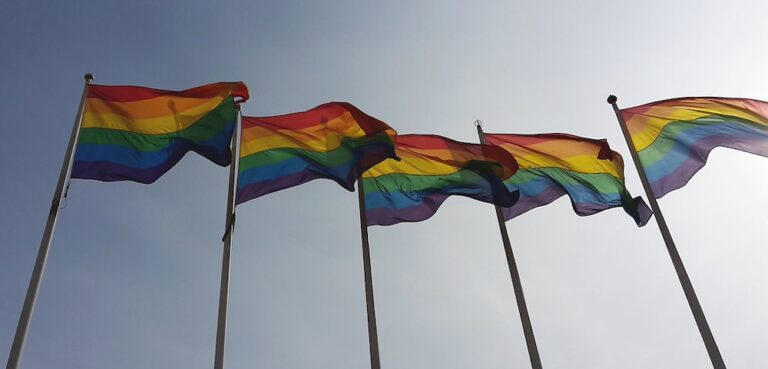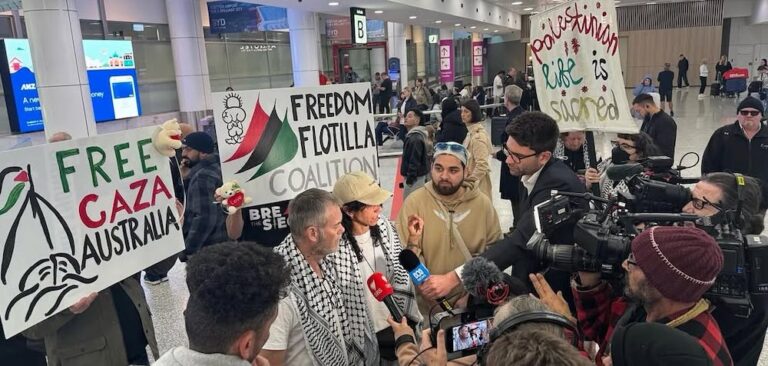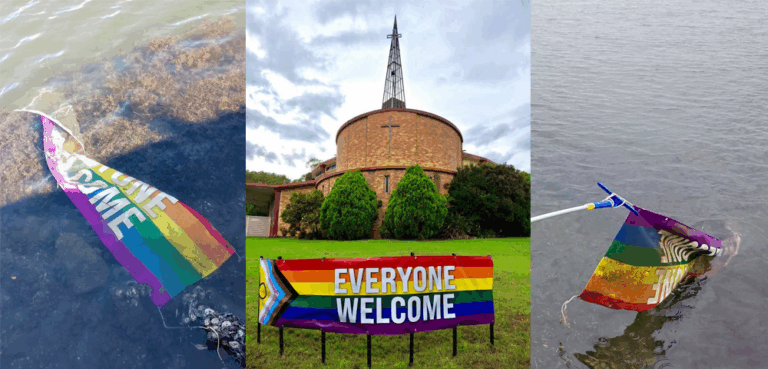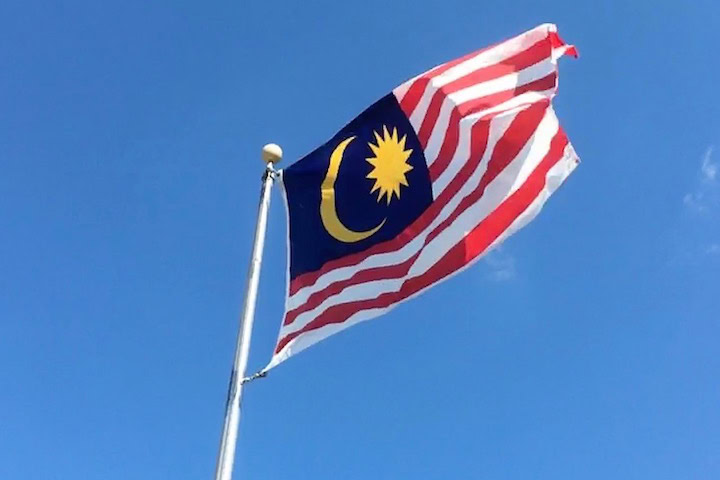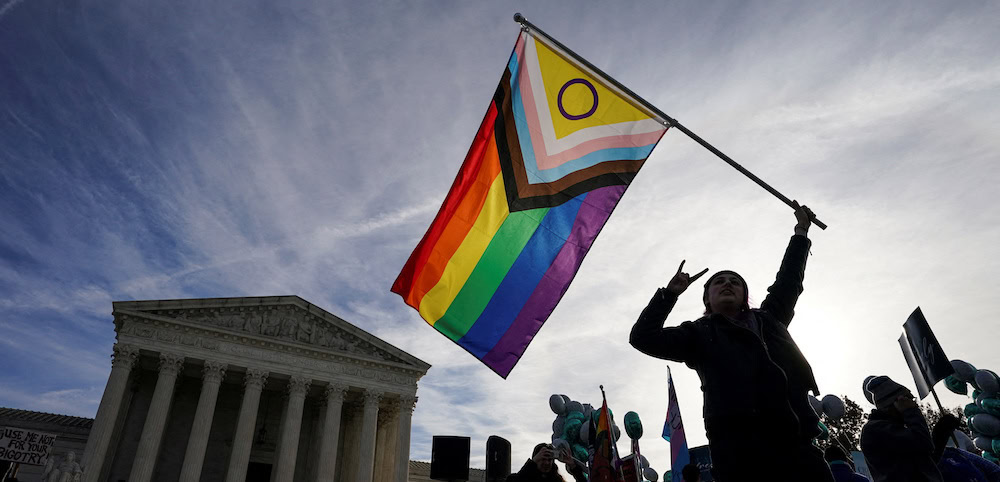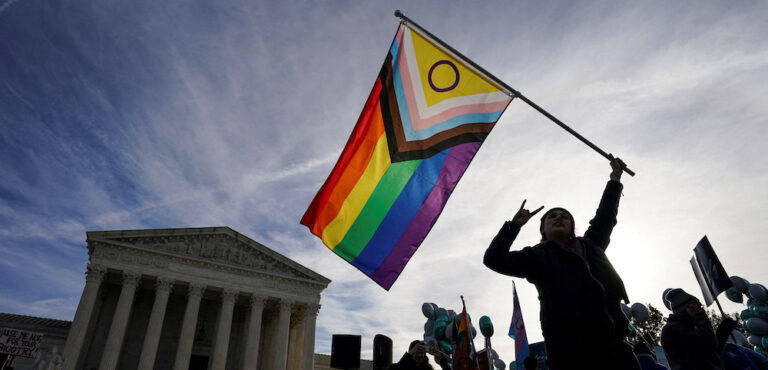
Glimmers of hope among Sri Lanka’s poor human rights record
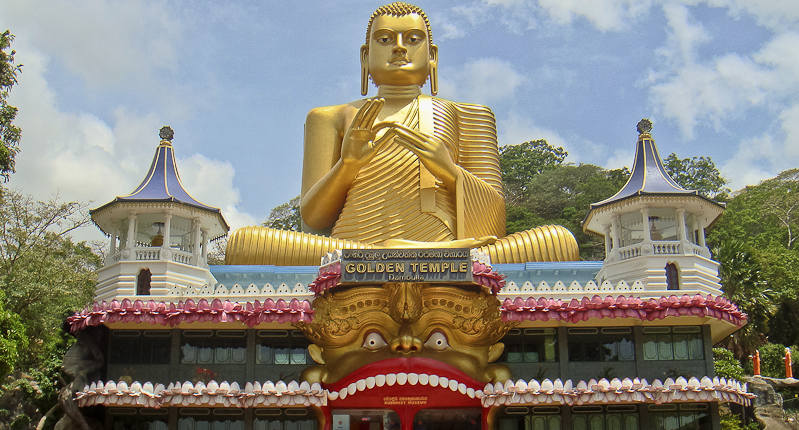
SRI Lanka’s human rights record is again under scrutiny. In September last year, the UN released a detailed report into the alleged war crimes committed by the Sri Lankan Government during 2009. The civil war, and its resulting broad violation of human rights, has overshadowed oppressive conditions of the increasingly visible LGBTI community.
Like many other South Asian states, Sri Lankan society and government tend to be highly religious and socially conservative. This is evidenced in the fact that Sri Lanka is one of 40 Commonwealth nations that still criminalises same-sex sexual acts.
[showads ad=MREC]Sections 365 and 356A of the Sri Lankan Penal Code criminalise “carnal knowledge against the order of nature” and “gross indecency” with up to 10 years in prison. While the law initially only prohibited acts between men, in 1995 it was broadened to be gender neutral in order to also criminalise same-sex sexual acts between women.
Kaleidoscope Human Rights Foundation’s 2014 shadow report to the UN Human Rights Committee, prepared in partnership with Equal Ground, noted that although there hasn’t been a reported prosecution for same-sex sexual activity in 50 years, “the very presence of such laws in Sri Lanka’s Penal Code has perpetuated homophobic discrimination and social stigma toward LGBTI individuals”.
The international community’s capacity to respond to the mistreatment of LGBTI Sri Lankans has been muted in recent years. For example in 2013, Sri Lanka hosted the Commonwealth Heads of Government Meeting (CHOGM) which should have provided the ideal time for fellow Commonwealth nations to raise concerns. However, rather than providing the LGBTI community a platform to raise its concerns, the 2013 CHOGM proved to be a dangerous time for LGBTI activists. Sri Lankan campaigners reported that they were forced underground by the government amid a wider crackdown on civil society in the lead up to CHOGM.
What’s more, Commonwealth leaders remained largely silent on LGBTI rights and planned side events on LGBTI rights were promptly cancelled out of fear for the safety of its participants. Kaleidoscope Australia president Dr Paula Gerber and Tonga Leitis’ Association chair Joey Jolene Mataele were the only two LGBTI advocates to attend the Commonwealth People’s Forum — the civil society event which precedes CHOGM.
Gerber said of her time in Sri Lanka: “I have travelled to many parts of the world, and have never experienced the feelings of repression that I did in Sri Lanka. Talking to members of the LGBTI community was a real eye opener. Their accounts of the homophobia and intimidation they are subjected to on a regular basis were very disturbing.”
Small changes seem to finally be happening, both domestically and within the Commonwealth. At the upcoming 2015 Commonwealth People’s Forum in Malta, there will be two panels dedicated to the resilience of LGBTI communities. That is two more than was possible in Sri Lanka.
Equal Ground have observed that “while the criminalisation of homosexuality in Sri Lanka does make LGBTIQ persons vulnerable to abuse, they risk losing their jobs if outed, and so forth, there is a growing sense that things can change for the better”.
This year Colombo saw its 11th annual pride festival, albeit without a public march. In recent years, the festival has seen over 2000 people attending. Speaking to the press last year, Equal Ground’s Rosanna Flamer-Caldera expressed surprise that the Sri Lankan Government hadn’t yet shut down the pride event.
Flamer-Caldera believes this was because Equal Ground “have a strategy to include foreign diplomats and heterosexual allies in all our events, thus making it difficult for the Government to shut us down or cause disruption”.
Equal Ground believes the change in government this year as a positive one, explaining that the current government “is concerned about the country’s image in terms of honouring UN human rights conventions, so we see a great opportunity to improve LGBTIQ rights in Sri Lanka over the next 5 years”.
Indeed, the Sri Lankan Government has responded to UN Human Rights Council concerns about the treatment of LGBTI people by stating that the non-discrimination provisions in the constitution “protects persons from stigmatisation and discrimination on the basis of sexual orientation and gender identities”.
However, discussing the constitutional provisions, a representative of the Sri Lankan Attorney General’s Department noted that the laws criminalising same-sex acts were not discriminatory against LGBTI people given that “sections 365 and 365A of the Penal Code do not target any particular group but it is there to protect public morality”.
It appears that despite the public contradictions surrounding the rights of LGBTI people in Sri Lanka, organisations such as Equal Ground are making gains in innovative and strategic ways, through engaging with broad sections of the Sri Lankan administration.
Only time will tell whether a change in government will translate into real change to the lived experience of LGBTI Sri Lankans.
Jasmine Dawson is a director of Kaleidoscope Australia Human Rights Foundation, a non-profit organisation that seeks to promote and protect the rights of LGBTI people in the Asia-Pacific region. She is also a PhD candidate at the Melbourne Social Equity Institute (MSEI) at the University of Melbourne and a research assistant in the Monash Law Faculty.
For details on Kaleidoscope Australia visit kaleidoscopeaustralia.com
__________________________________
RELATED: NEPAL: SOUTH ASIA’S LGBTI RIGHTS PIONEER
RELATED: LGBTI CAMBODIA: A VIBRANT COMMUNITY WITH UNRECOGNISED RIGHTS
RELATED: TENTATIVE HOPE FOR LGBTI PEOPLE IN VIETNAM
RELATED: A NEW DAWN FOR LGBTI PEOPLE IN JAPAN
__________________________________
**This article was first published in the December edition of the Star Observer, which is available now. To obtain a copy, click here to find out where you can grab one in Melbourne, Sydney, Brisbane, Adelaide, Canberra and select regional/coastal areas.
Read the December edition of the Star Observer in digital format:
[showads ad=FOOT]
